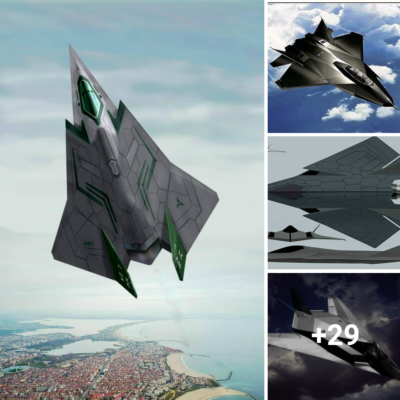The Joint Light Tactical Vehicle (JLTV) is a versatile, wheeled military vehicle developed to replace a variety of aging tactical vehicles used by the United States Armed Forces. It’s designed to be a multi-role platform that can serve various roles, including troop transport, command and control, utility, and more. The JLTV program is a joint effort involving the U.S. Army, U.S. Marine Corps, and other U.S. military services.

Key features and specifications of the JLTV include:
Mobility: The JLTV is designed to be highly mobile, offering excellent off-road capability and agility. It can operate in a wide range of terrains and conditions. Protection: The vehicle is equipped with advanced armor and other protective features to enhance crew safety. It’s designed to withstand various threats, including small arms fire, improvised explosive devices (IEDs), and chemical, biological, radiological, and nuclear (CBRN) threats.

Variants: The JLTV comes in multiple variants to fulfill different mission requirements. These variants can be adapted for roles such as troop transport, weapons carrier, utility vehicle, and more. Payload Capacity: The JLTV has a significant payload capacity, allowing it to transport personnel, equipment, and supplies as needed. Transportability: The JLTV is air-transportable, making it easier to deploy rapidly to various theaters of operation. Communications: It is equipped with advanced communications and networking capabilities to enhance situational awareness and command and control.

Commonality: The JLTV is designed to have a degree of commonality between different services, helping to streamline maintenance and support processes.
The JLTV program aimed to provide a more capable and survivable vehicle than older systems like the Humvee while maintaining versatility for a wide range of mission profiles. The JLTV has been procured and deployed by the U.S. military to replace or complement existing tactical vehicles.











